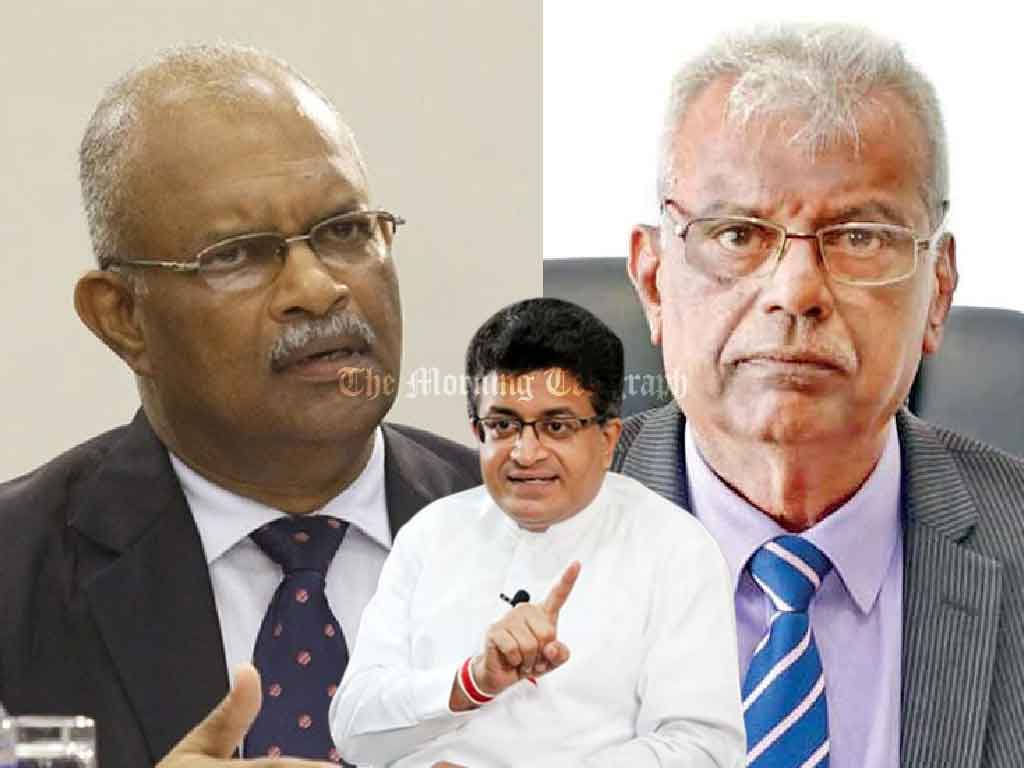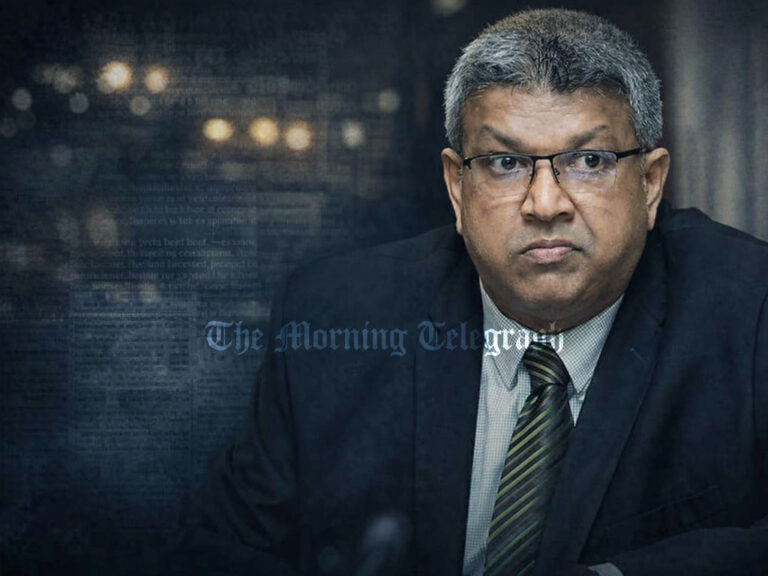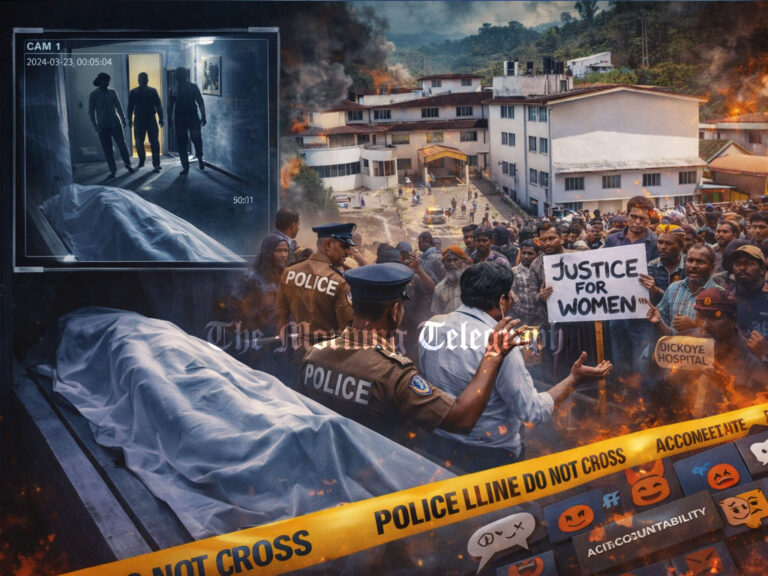
Retired police officers Ravi Seneviratne and Shani Abeysekara joined the National People’s Power (NPP) with the intervention of a powerful religious leader, according to lawyer and Pivithuru Hela Urumaya leader Udaya Gammanpila.
Speaking on the Hiru TV program “Salakuna” on December 30, Gammanpila revealed that the duo initially sought to join the Samagi Jana Balawegaya (SJB). However, their efforts were thwarted due to strong objections from SJB figure Sujeewa Senasinghe. Following this rejection, the same influential religious leader facilitated their alignment with the NPP, Gammanpila claimed.
The lawyer further alleged that the NPP government, currently in power, has treated the retired officers differently than other members of the NPP. He cited the case of Ashoka Ranwala, a prominent activist from the JVP, who faced significant criticism over a controversial doctoral degree issue after becoming Speaker. Despite the JVP’s influence within the coalition, Ranwala did not receive the same protection as Seneviratne and Abeysekara.
Gammanpila attributed this preferential treatment to the involvement of the religious leader who brokered the officers’ entry into the party. He suggested that even if allegations against the two officers, including failures to prevent the Easter Sunday attacks, were substantiated, the NPP might not act against them due to this influential connection.
The lawyer also claimed that a senior cabinet minister in the NPP government confirmed these details.
During the interview, Gammanpila touched on additional sensitive issues, including alleged foreign interference in past elections and the government’s inability to control rising rice prices, which he suggested were linked to broader political mismanagement.
These revelations, if substantiated, add a new layer of complexity to the dynamics within Sri Lanka’s political alliances and raise questions about external influences shaping the nation’s governance.




